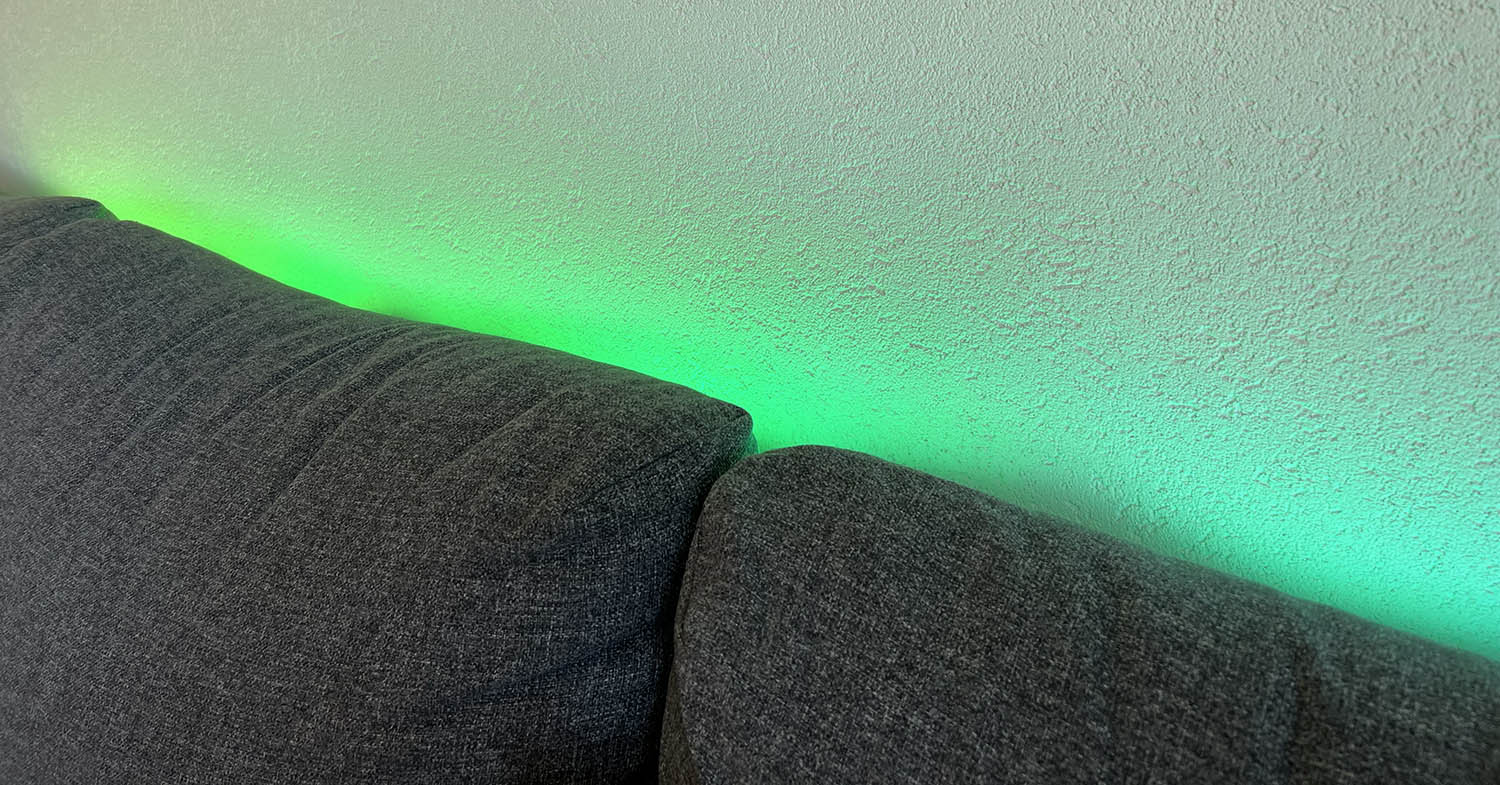Every time you have to update Windows, you may ask yourself the same question: should I restart or shut down my computer? Maybe you have never thought about the importance of a decision after updating the computer. However, we assure you that it can be key for it to last more years in perfect condition.
When it comes to updating your computer, rebooting is almost more important than anything else. You’ve probably heard that this causes the updates to settle and all the changes to be applied. On the other hand, there are other people who assure that by turning it off we are protecting any changes to the files. So, what should you choose so that your pc is updated correctly?
Reboot to complete the update
When it comes to updating Windows, rebooting is an essential part if we want to complete the update. While the PC is updating, the operating system makes various changes to the files, such as introducing new features, fixing bugs, or improving security. However, these changes do not take effect immediately.
Once they are downloaded and installed, Windows will ask you to restart your system. Paying attention to it at this point is crucial, since it will be what completes the update. The restart configures all updated files, applies the changes, and terminates any pending processes. In this way, the operating system is loaded again so that what has been updated works perfectly.
In addition, restarting also helps resolve potential bugs or compatibility issues that often appear after these updates are installed. If a bug occurs, the computer will be able to detect it and display a new update or bug fix.

And if you turn it off directly?
If you directly turn off your computer after a Windows update, it is normal that you notice some problems. Note that this is what could happen if you don’t reboot:
-
Incomplete updates: If you turn it off directly, you will be interrupting the update process before it is finished. That is to say, there will be certain files and configurations that could not be installed correctly and end up giving incompatibilities.
-
Security gap: Updates usually have security patches and bug fixes that have been detected since the last best. If we do not restart, the computer could be more vulnerable and not have all the necessary protections.
-
Poorer performance: When it doesn’t restart, we may not be taking full advantage of these improvements, both performance and optimization. And how does this affect you? Well, it could influence the speed of your computer, the operation of applications, etc.
-
Compatibility issues: Updates sometimes resolve compatibility issues with hardware and software. If you don’t restart, they may not activate and may cause performance problems with certain devices or applications. Surely it has ever happened to you with the keyboard, microphone or speakers of your computer.
So, in conclusion, rebooting after an update is the best option if you want to make sure they install correctly. As we said, this will avoid possible problems with operation, security and performance. Whenever possible, it is better to allow the system to complete the update process by rebooting, rather than shutting it down outright in a hurry.
Instead, when we turn it off immediately, the updates will take effect when we turn it back on. This may take longer and could affect its use if we go to work or need to turn it on for something urgent.













